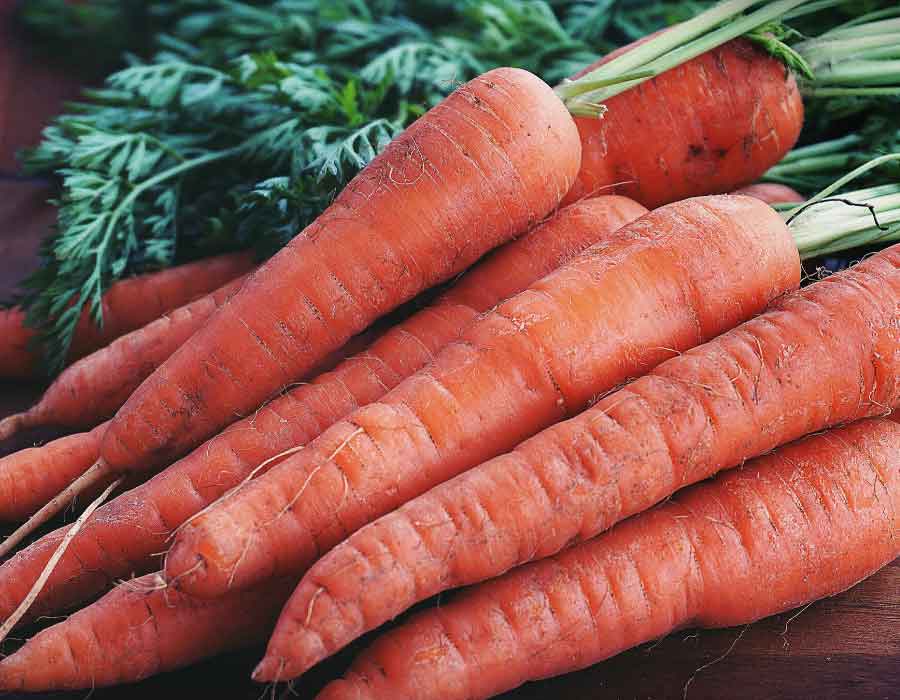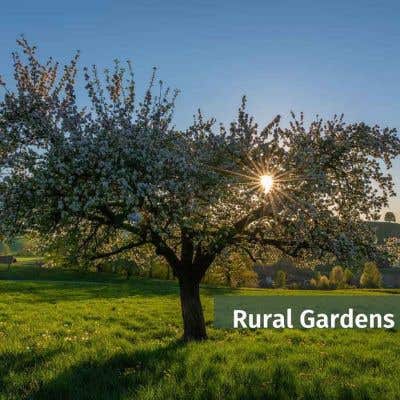Some people would say that the best thing about living in a rural environment is having tons of outdoor space and the opportunity to spend as much time outside as possible. Having outdoor space doesn’t just mean that your family has room to run about and feel free, however. For many people, it means that you can use your room for gardening, growing food to feed your family and maybe keeping animals if you wish.
Depending on how much you know about plants and growing, getting started in creating your rural, working garden might sound daunting, but with a few tips – and, admittedly a lot of hard work – you can make it happen – and can make a success of it!
1. Think about your Septic Tank
Many rural properties are not attached to the sewage system and therefore have a waste tank at home. Although it is possible to plant plants over your septic field, it isn’t recommended to plant vegetables.
Certain plants can be perfect for planting over septic drain fields. As long as they aren’t invasive or have deep roots, these plants can help with oxygen exchange, evaporation in the drain field – and can make the area look nice.


Choose plants like grasses, perennials and annuals – but not vegetables – these can absorb some of the pathogens and viruses that can potentially leak into the soil if there is a problem.
2. It’s all about the Soil
The kind of plants and vegetables that you are successful in planting will depend largely on the kind of soil that you have. One good way to see what plants and vegetables would grow best in your garden is to talk to other local gardeners. They will be able to tell you what is successful for them and which plants they have more difficulty with.


Good and healthy soil will be full of nutrients for the plants and be able to retain and distribute water well. You should think about introducing a healthy population of earthworms that can help to keep the soil aerated, turn it frequently to prevent it from creating a crust that is resistant to water and adding compost made from collecting organic household waste like vegetable peelings and fruit skins.
3. Planting Vegetables
As long as your soil is suitable for them, the most important thing to remember when you are planting vegetables is to plant what you and your family enjoy eating. There’s no point in having an influx of certain veggies if you don’t like them (although you might be able to swap some with other people).


Do a little research into the best condition and time of year for your vegetables to be planted. You should also bear in mind that for most fruit and vegetables, they become ripe during a window of time, so you don’t need to plant too many of one thing. Have some ideas ready on how to preserve what you can’t eat fresh to avoid wastage. You might want to make jam, cook and freeze them or pickle them, for example.




You could also consider having a greenhouse if you have space. A greenhouse enables you to diversify a little more with your fruit, vegetables and other plants and protect them from certain pests and extreme weather.
4. Orchards
Planting trees is always a good thing, and the best thing about planting an orchard is that you also get that lovely fruit each year. Apple and pear trees are amongst the easiest fruit trees to plant in the UK, and as long as you have enough space in your garden, they can be extremely beneficial.
You should pay a little attention to the location of your orchard – try to make it south or south-west facing, somewhere relatively protected from the wind, with good drainage and away from other tall trees – fruit trees need sunlight to make their fruit nice and sweet as well as protect them from fungus and other diseases.




Make sure that you do your research into the best varieties of fruit trees to plant, and in the same way as vegetables, be prepared for a windfall once or twice a year. There is a lot that you can do with 80 tons of apples…
Having a garden in a rural area often allows you the space and the right environment – away from busy roads and suffocating pollution to make a real success of your planting endeavours – whatever they might be. With a little care and research, you can create both a productive and enjoyable garden for you and your family.
This is a guest blog post written by Ella Hendrix. Ella Hendrix is a versatile freelance writer currently covering articles on house renovations, home ware trends and gardening for beginners.



